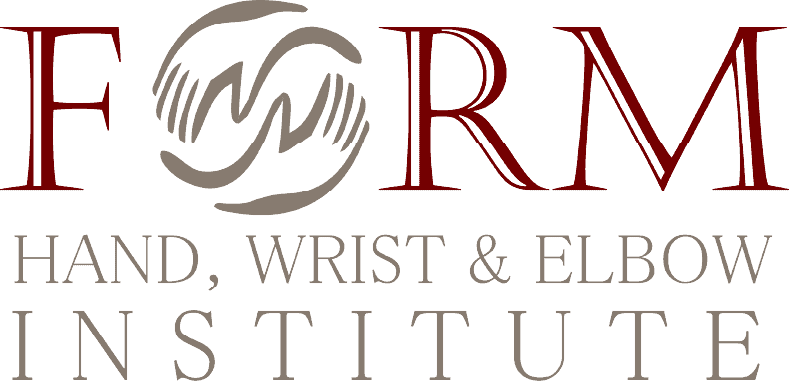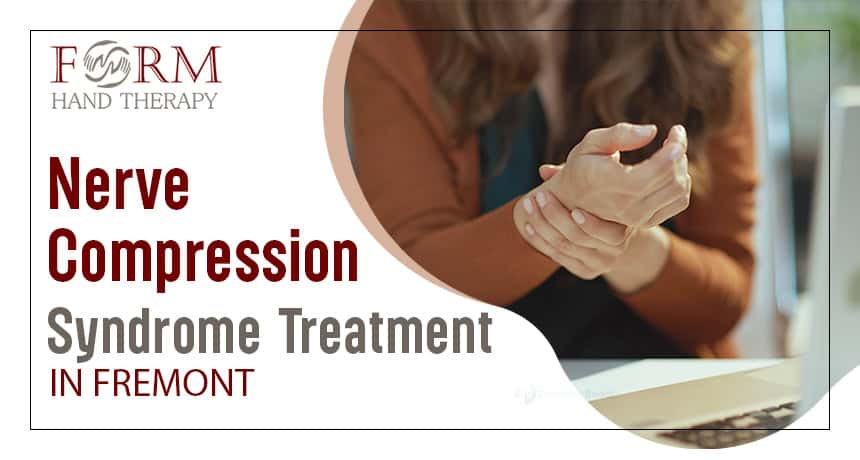The human body contains hundreds of peripheral nerves made up of billions of nerve cells, all designed to detect and respond to even the slightest changes in your environment. While this sensitivity is essential for proper function, it also makes these nerves highly vulnerable to pressure and damage.
When a nerve gets squeezed or irritated for an extended period—known as nerve compression or entrapment—it can lead to persistent pain and even permanent damage. This type of nerve pressure can occur almost anywhere in the body, and the symptoms vary depending on which nerve is affected. For instance, three major nerves—the median, ulnar, and radial—run all the way from your neck down to your hand, and they’re responsible for both feeling and movement. When these nerves get compressed by nearby tissues like bone, muscle, cartilage or tendons, it can cause sharp pain, tingling, numbness, or even make it hard to move. Over time, this pressure can lead to common nerve entrapment conditions such as carpal tunnel syndrome, cubital tunnel syndrome, and radial tunnel syndrome.
At FORM Hand, Wrist & Elbow Institute, we help patients manage nerve compression syndrome, also known as peripheral nerve compression, in the upper extremities, including the elbow, wrist, and hand. From your initial evaluation to every stage of rehabilitation, our team is committed to developing a personalized treatment plan tailored to your unique needs and goals. Here’s how we can help:
- Comprehensive Evaluation: Since there are several types of nerve entrapment syndromes, we begin by carefully reviewing your symptoms to gain a clear understanding of your condition. The diagnostic process typically starts with a comprehensive physical examination and may include advanced testing such as X-rays, electromyography (EMG), and nerve conduction studies.
- Personalized Treatment Plans: Based on the results of your comprehensive evaluation, we’ll confirm an accurate diagnosis and develop a treatment plan tailored to your specific condition, symptoms, and lifestyle.
- Non-Surgical Solutions: Depending on the severity of your condition, we may recommend one or more of the following treatments: rest, nonsteroidal anti-inflammatory drugs (NSAIDs), hand therapy, targeted exercises, splints or braces, activity modification guidance, and corticosteroid injections.
- Advanced Interventions: If your symptoms persist or conservative treatments haven’t provided sufficient relief, surgical intervention may be recommended. These procedures are designed to relieve nerve pressure, restore proper function, and help improve your overall quality of life.
Get Lasting Relief from Nerve Compression Syndrome at FORM Hand, Wrist & Elbow Institute in Fremont
Addressing nerve compression syndrome goes beyond initial treatment—it also requires proactive steps to prevent recurrence. At FORM Hand, Wrist & Elbow Institute, we offer ongoing support and practical resources to help you manage your condition, protect nerve health, and reduce the risk of future issues. In many cases, simple adjustments—such as improving posture or optimizing your desk setup—can make a meaningful difference. For example, with carpal tunnel syndrome, which is often caused by repetitive motion, ergonomic modifications can ease pressure on the median nerve and prevent symptoms from recurring.
Nerve entrapment can affect anyone, and its symptoms can be debilitating. However, with proper diagnosis and treatment, these conditions are manageable. Unfortunately, many cases go undiagnosed when patients delay seeking medical care.
You don’t have to suffer in silence. At FORM Hand, Wrist & Elbow Institute in Fremont, we’re here to help you find lasting relief and get back to living life on your terms. Call (510) 480-3700 or request an appointment online today—relief starts here.
Sources:
https://my.clevelandclinic.org/health/diseases/22137-nerve-compression-syndrome
https://www.healthline.com/health/nerve-compression-syndrome

